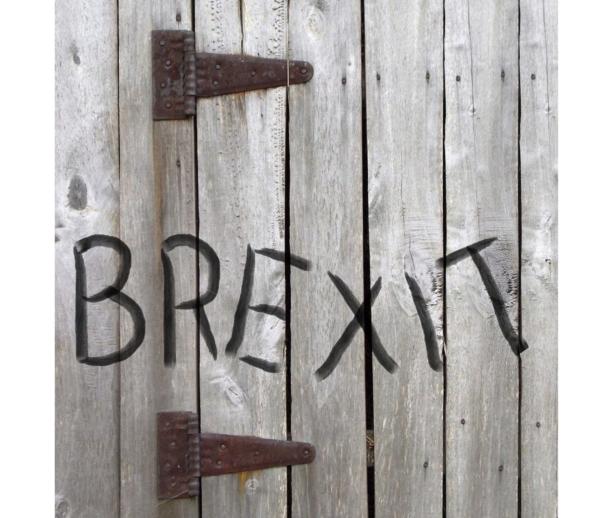Commentators, politicians and economists tend to think they are quoting John Maynard Keynes with: “When the facts change, I change my mind. What do you do, sir?”
I have always been suspicious of the derivation of this putative remark. Even in this modern world of fake news, facts do not change. New information may come to light, but facts are facts. I don’t think there is any evidence that Keynes ever perpetrated such a canard, and nor does Keynes’s distinguished biographer, Robert Skidelsky.
It seems to be a bastard version of a remark that is attributed to Keynes. When once asked why he had changed his mind on something, he apparently replied: “What else do you do when you find you are wrong?”
I quote this in the context of recent developments in regard to Brexit. The majority of respondents to recent surveys now believe the nation was wrong to vote for Brexit, and a tidy majority would like to rejoin the European Union. Admitting one is wrong is not a natural inclination; but in the case of Brexit many leavers have the reasonable excuse that they were woefully misled by a gang of lying charlatans.
A powerful condemnation of this bunch was made recently by the well-known City of London figure Guy Hands – a former Tory donor – when he told the BBC Today Programme that Brexit was “a complete disaster” and “a bunch of total lies … the biggest issue about it, and you can take the Brexit bus as a good example, is the lies that Boris Johnson and the Conservative party told about the NHS. In fact, what they did was throw the country and the NHS under the bus.”
The monstrosity of the Brexit inflicted on the British people merits a public inquiry – even an old-fashioned royal commission. There are even calls for a “class action” in the courts for the way that an entire younger generation has been deprived – thus far – of rights it had good reason to expect.
Indeed, one of the reasons public opinion has woken up and moved fast in the direction of regret for leaving and support for re-entry is that people may not pay much attention to the macroeconomic damage that obsesses commentators such as myself, but they do notice when the loss of freedom of movement inhibits them, not just the European workers on whom the economy had relied for so long.
One of the many mistakes made by David Cameron over Brexit – the biggest being calling a referendum at all – was in refusing help from European Commission officials. They could have told the British electorate what was in store for them.
Now, I found it interesting at last weekend’s annual Venice seminar, where Italian and British journalists discuss economic and geopolitical issues with Italian ministers, officials and industrialists, that the mood had changed. For years, the British were rather condescending about the problems of the Italian economy. Today there is an air of sadness about the way the UK has inflicted upon itself the role of sick man of Europe.
Now, while I was in Venice my old friend Ken Clarke, the former Tory chancellor, was apparently to be heard on the BBC saying that one essential requirement for dealing with this country’s accumulation of economic problems was to rejoin the single market. Good for Ken. After all, in his memoirs he described Margaret Thatcher’s championship of the single market as her greatest achievement. Ironic, wasn’t it, that those soi disant Brexit numbskulls who sold the country down the river maintained that they were doing this in the spirit of, er, Thatcher.
The biggest factor accounting for the inflation, trade and growth differential between the UK and comparable economies – which have all, of course, been hit by Covid, gas prices and higher interest rates – is Brexit. As former Labour leader Lord Kinnock says, in a neat variation on an old cliche: “Brexit is the mammoth in the broom cupboard.”
It is moderately good news that Keir St
armer and the shadow chancellor, Rachel Reeves, wish to “align” us with the EU. Also that our beleaguered prime minister Rishi Sunak is trying, at least, to slow down, and possibly halt, the pace of “disalignment” – with negligible support, alas, from his warring factions in the Conservative party.
But this is simply not enough. As the European parliament’s former Brexit coordinator, the Belgian politician Guy Verhofstadt, recently said: “The devil is not in the detail – the very idea of Brexit is unworkable. As long as Starmer continues to rule out rejoining the single market and the European Union, Britain will be poorer, as is the EU.”
William Keegan is the Observer's senior economics commentator
Sign up for original reporting and incisive analysis, direct from the Guardian every morning


Spread the word